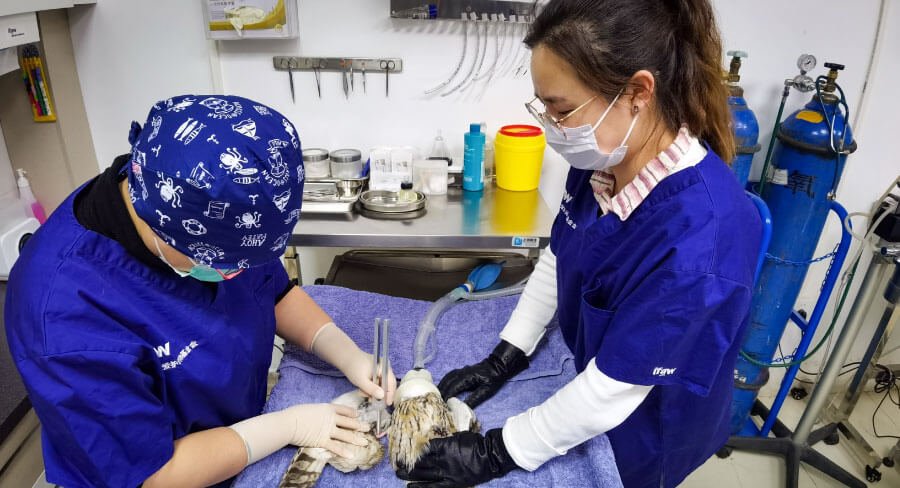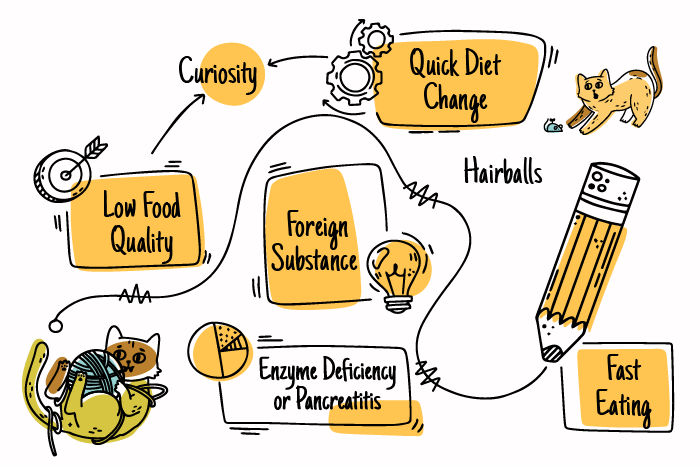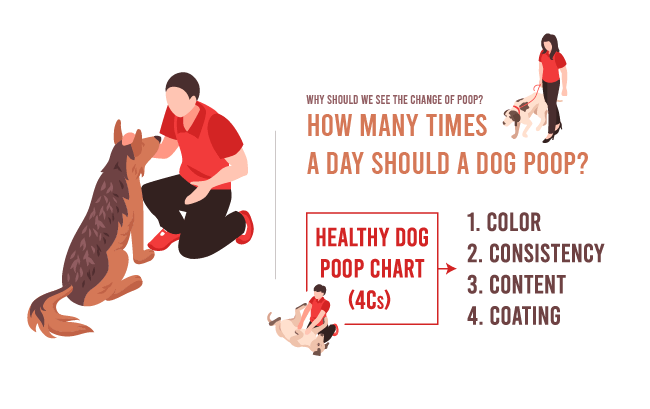Veterinary Medicine in the Future: Advanced Technologies and Innovative Treatments
The field of veterinary medicine has come a long way in its quest to provide the best possible care for our beloved animal companions. Over the years, advancements in technology and medical research have revolutionized veterinary practices, offering cutting-edge treatments and diagnostics that were once considered unimaginable.
For instance, mobile vet services represent a remarkable innovation, providing comprehensive diagnostics and treatments right at your doorstep. By simply booking an appointment, you can access the expertise of the pet vet near you, offering services such as vaccinations, wellness exams, home lab tests, and more.
As we move into the future, a promising landscape of advanced technologies and innovative treatments will further elevate veterinary medicine. This article will explore some of these developments, supported by verified sources and credible news platforms.

Precision Medicine for Animals
As in human medicine, precision medicine is becoming a significant game-changer in veterinary care. This approach tailors treatments to individual animals based on their genetic makeup, lifestyle, and environmental factors.
The ability to analyze an animal’s DNA and understand its unique characteristics will lead to more accurate diagnoses and personalized treatment plans. This advancement is already making headway in treating certain animal genetic disorders, improving outcomes and quality of life.
Telemedicine for Pets
Telemedicine has transformed human healthcare by providing remote consultations and virtual care. In the realm of veterinary medicine, this technology is also gaining traction. Pet owners can now seek advice from qualified veterinarians through video calls, chat services, or mobile apps, saving time and making expert advice more accessible.
Telemedicine is particularly valuable for rural areas with limited access to veterinary clinics, as it can bridge the gap between pet owners and healthcare providers.
Wearable Health Monitoring Devices
Wearable health monitoring devices are not limited to humans; they are also being developed for animals. These innovative gadgets can track an animal’s vital signs, activity levels, and behavior patterns, providing valuable data to veterinarians.
With continuous monitoring, veterinarians can detect early signs of illness, track treatment progress and even prevent specific health issues from escalating. Such advancements empower pet owners to take a more proactive role in their pets’ well-being.
Robotics and AI in Surgery
Robotic-assisted surgery and artificial intelligence (AI) are transforming the landscape of veterinary surgical procedures. Robots equipped with advanced imaging and surgical instruments can perform complex surgeries with greater precision and reduced invasiveness.
Additionally, AI-driven systems can analyze vast amounts of medical data to assist veterinarians in making well-informed decisions during surgeries and treatment planning. This integration of robotics and AI is set to raise the bar for surgical outcomes and overall veterinary care.
Nanotechnology for Drug Delivery
Nanotechnology is paving the way for revolutionary drug delivery systems in veterinary medicine. Nano-sized particles can encapsulate medications, enabling targeted and controlled release. This approach enhances drug efficacy, reduces side effects, and improves animal treatment compliance.
Moreover, nanotechnology opens up possibilities for innovative therapies, such as gene therapy and regenerative medicine, which hold great promise for chronic and degenerative conditions in animals.
Stem Cell Therapy
Stem cell therapy has been making waves in both human and veterinary medicine. This cutting-edge treatment involves using an animal’s own stem cells to boost tissue regeneration and repair. Stem cell therapy has demonstrated remarkable results in treating conditions like osteoarthritis and tissue injuries in dogs, cats, and horses.
As research continues, it is expected that the applications of stem cell therapy will expand to address a broader range of health issues in various animal species.
Immunotherapy for Cancer Treatment
Cancer remains a significant concern in veterinary medicine and innovative treatments like immunotherapy offer new hope. Immunotherapy harnesses the animal’s immune system to effectively recognize and destroy cancer cells. This approach has shown remarkable success in treating certain types of cancer in dogs and cats.
As researchers delve deeper into understanding the complexities of the immune response, immunotherapies are likely to become more refined and tailored to individual patients.
3D Printing in Veterinary Medicine
The applications of 3D printing are rapidly expanding in the field of veterinary medicine. Veterinarians can now create patient-specific 3D models to plan surgeries more accurately.
Additionally, 3D printing enables the production of custom prosthetics and orthotics for animals with congenital abnormalities or traumatic injuries. This technology has improved surgical outcomes and enriched the lives of animals with mobility challenges.
Virtual Reality and Behavioral Therapy for Animal Rehabilitation
Virtual reality (VR) is not just for human entertainment; it has promising applications in veterinary medicine, particularly in the realm of animal rehabilitation. VR technology can simulate various environments and scenarios, allowing animals recovering from injuries or surgeries to engage in therapeutic exercises in a controlled setting.
This immersive approach can speed rehabilitation by encouraging movement and stimulating cognitive functions. Additionally, behavioral therapy using VR has shown potential in treating anxiety and phobias in animals, promoting emotional well-being, and reducing stress levels.
Bioinformatics and Big Data in Veterinary Research
Bioinformatics, the application of computational methods in biology, is revolutionizing veterinary research. With the advent of high-throughput sequencing technologies, enormous amounts of genomic data from various animal species are generated. Bioinformatics tools and algorithms can analyze this big data to identify genetic variations, disease-causing mutations, and potential drug targets.
Integrating bioinformatics with veterinary research allows a deeper understanding of complex diseases and their underlying genetic basis. This knowledge not only aids in developing targeted therapies but also enhances the field of comparative medicine, benefiting both animal and human health.
Final Note
As we glimpse the future of veterinary medicine, it becomes evident that technology and innovation will play pivotal roles in elevating the standard of care for animals. Advanced technologies such as precision medicine, telemedicine, wearable health monitoring devices, robotics, and nanotechnology are already reshaping the landscape of veterinary practice. Moreover, treatments like stem cell therapy and immunotherapy offer new avenues for combating complex health issues in animals.
As these groundbreaking technologies continue to evolve and intertwine with traditional veterinary practices, veterinarians must stay updated and embrace the advancements. Ultimately, the welfare of our animal companions depends on the constant pursuit of knowledge and the integration of cutting-edge approaches to provide them with the best possible care.



